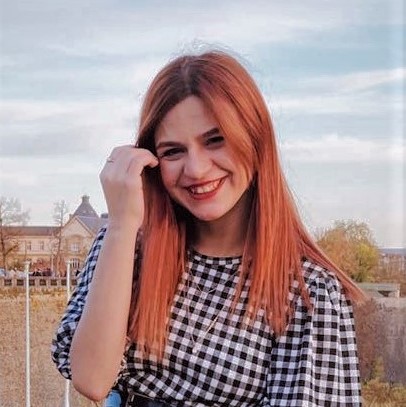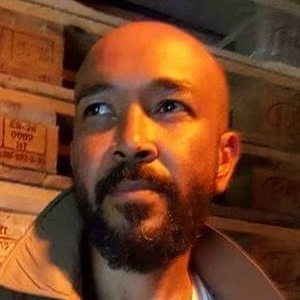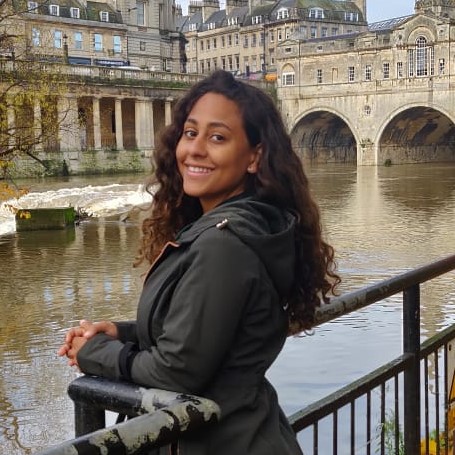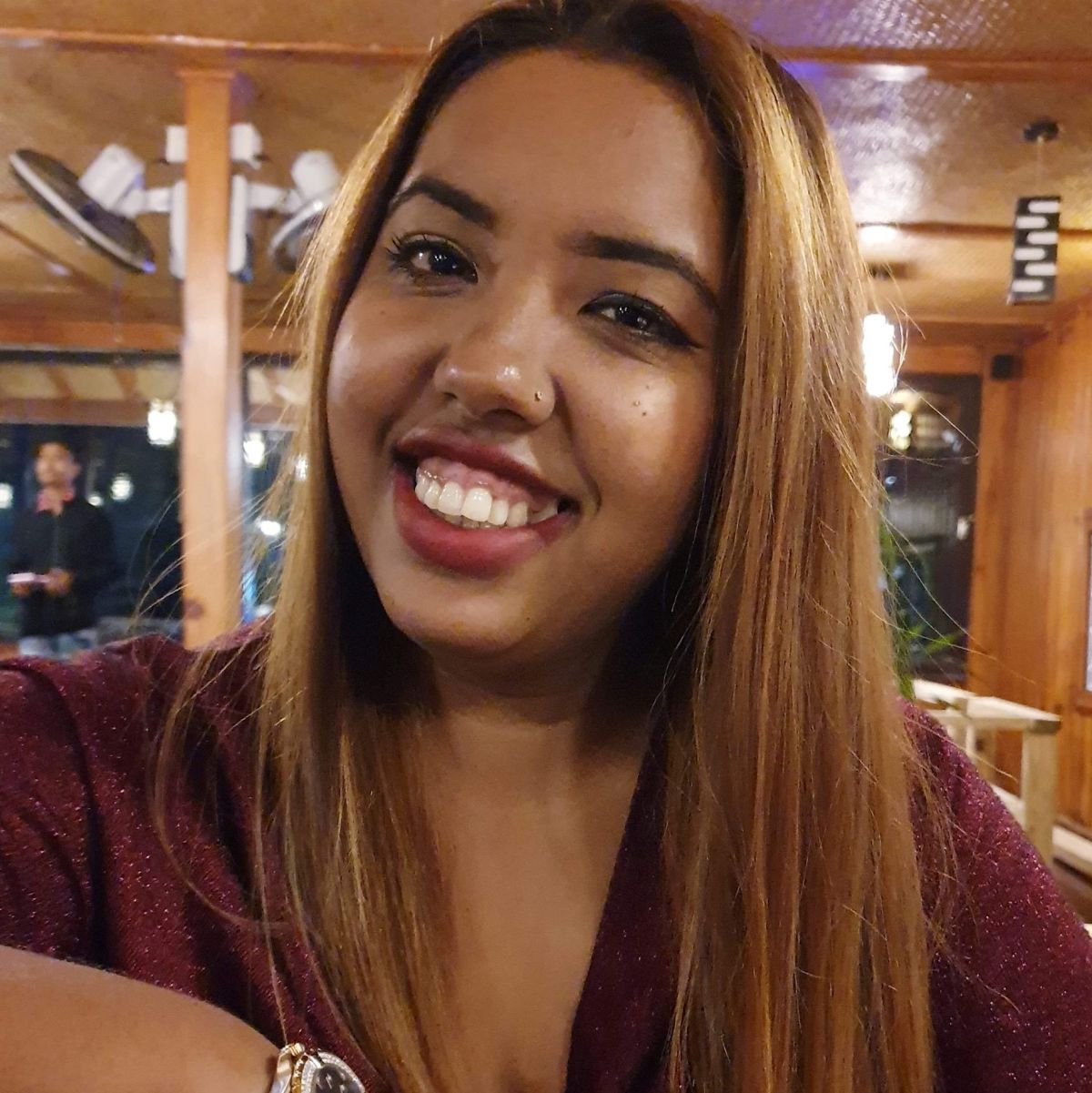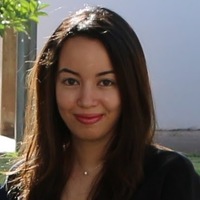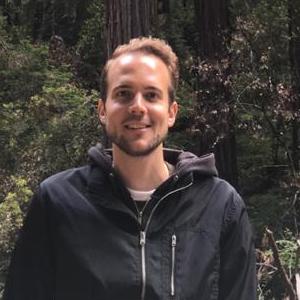Untold Abortion Stories from Nigeria (1/4)
Criminalizing abortion is a form of discrimination against women. Abortion is still illegal In Nigeria,but it hasn't stopped thousands of women from getting it. These women endanger their lives by seeking unsafe means to terminate pregnancy. In this series of stories, Hannah, writer, journalist and story ambassador for CotW talks to women who despite the dangers have decided to get an abortion.
Nigeria, Western Africa
Story by H.T. Jagiri. Edited by Veronica Burgstaller
Published on August 18, 2022.
Reading time: 5 minutes
This story is also available in 




Criminalizing abortion is a form of discrimination against women. Abortion is still illegal In Nigeria, but it hasn't stopped thousands of women from getting it. These women endanger their lives by seeking unsafe means to terminate pregnancy. As someone who is passionate about women’s rights and gender equality, I wanted to explore the impact of the criminalization of abortion in Nigeria. So I sought out women who have risked their lives to terminate their pregnancies. This is the story of Seyi*.
It happened on a Friday evening in the year 2017. The street was bustling with colours as the people of Tanke Ilorin [1] went about their daily business dressed in their colourful attires. Hijabs and Abayas [2] of different designs and styles decorated the streets as it was Eid Mubarak [3]. Seyi was among the crowd of people on the street. She was on her way to purchase the drugs that would end the little one growing in her. A few weeks before, she found out she was carrying a child. Only 17 and in her second year at the University of Ilorin, she knew she couldn't care for the child as she wasn't fit to be a mother yet.
"It felt like my world collapsed when I got the test results. I told my boyfriend, and he said we couldn't keep it. He didn't need to convince me. I knew I couldn't have the child. I was still a child myself. Immediately after I made the choice, I went online to search for a solution. That was how I learnt about Mifepristone and Misoprostol." Her lips formed a sad smile as she spoke.
The street bubbled with life as hawkers displayed their goods to everyone who passed, calling for their attention with a sonorous voice. The first pharmacy Seyi went to had a hijabian [4] attendee.
"I got to the first pharmacy, and I met a hijabian sister. I told her I wanted to get Mifepristone and Misoprostol. The look on her face changed, and she screamed to all who could hear that she doesn't sell abortion drugs. I thought that was the end. I left the pharmacy in shame. But I knew going back home without the drugs wasn’t an option. I knew carrying the child wasn't in the picture. So I decided to try another pharmacy. The next pharmacy wasn't as big, and the pregnant pharmacist was a bit reluctant to sell the drug. She gave in after a while. When I saw the pharmacist was pregnant, I almost laughed out loud. I felt God was punishing me. I felt like I was a comic relief to God and the angels''
I couldn't call anyone because I knew the repercussions. So I laid on the floor, waiting for death to come.
Seyi got to her hostel. A self-contained room that was almost empty, save for a mattress and a stack of books on the floor. The wardrobe was on the left side of the room, years of use already chipped off parts of the wood. Seyi used the drugs immediately after she got to her room. She waited for the cramps to kick in, and when it didn't after an hour, she used two more. Shortly after, she started bleeding heavily, with severe cramps.
"It felt as if something was squeezing my stomach, the pain was unbearable, and with every minute I felt myself slip away. I really thought I'd die. I couldn't call anyone because I knew the repercussions. So I laid on the floor, waiting for death to come"
Fortunately for her, it didn't.
[1] Tanke is a city in the community of Iorin, which is the capital of Kwara State in Nigeria
[2] Abaya is a loose-over garment/robe-like dress
[3] a festive period for Muslims
[4] a Muslim woman wearing a hijab. In Nigeria not all Muslim women wear hijabs.
*Names marked with asterisks have been changed to protect the identity of those who spoke to Correspondents of the World on condition of anonymity
Read Part 2 - Amina's Story of this story series on Untold Abortion Stories from Nigeria here.
How does this story make you feel?
Follow-up
Do you have any questions after reading this story? Do you want to follow-up on what you've just read? Get in touch with our team to learn more! Send an email to [email protected].
Talk about this Story
Please enable cookies to view the comments powered by Disqus.
Subscribe to our Monthly Newsletter
Stay up to date with new stories on Correspondents of the World by subscribing to our monthly newsletter:
Tags
Topic: Gender
> Greece
The moment a girl becomes a woman: a story of psychological abuse - Part 1
A story by Maria Sotiropoulou
4 min
I observed women around me falling over and over again. I did not think that at some point in my life I might fall too. Read more...
> Brazil
Challenging "Reality" Through the Means of Art
A story by Milton Camilo
4 min
In my art, I expose the underlying tensions between concepts, identity and experiences. I want to challenge the audience and confront them with their taught beliefs, which they themselves have not even reflected on yet. Just as my reality and image of women is a rather powerful strong one (empoderamente), rather than the helpless, “petite” images we are trained to perceive as feminine. Read more...
> Nigeria
Untold Abortion Stories from Nigeria (2/4)
A story by H.T. Jagiri
5 min
Criminalizing abortion is a form of discrimination against women. Abortion is still illegal In Nigeria,but it hasn't stopped thousands of women from getting it. These women endanger their lives by seeking unsafe means to terminate pregnancy. In this series of stories, Hannah, writer, journalist and story ambassador for CotW talks to women who despite the dangers have decided to get an abortion. Read more...
Explore other Topics
Get involved
At Correspondents of the World, we want to contribute to a better understanding of one another in a world that seems to get smaller by the day - but somehow neglects to bring people closer together as well. We think that one of the most frequent reasons for misunderstanding and unnecessarily heated debates is that we don't really understand how each of us is affected differently by global issues.
Our aim is to change that with every personal story we share.
Community Worldwide
Correspondents of the World is not just this website, but also a great community of people from all over the world. While face-to-face meetings are difficult at the moment, our Facebook Community Group is THE place to be to meet other people invested in Correspondents of the World. We are currently running a series of online-tea talks to get to know each other better.












